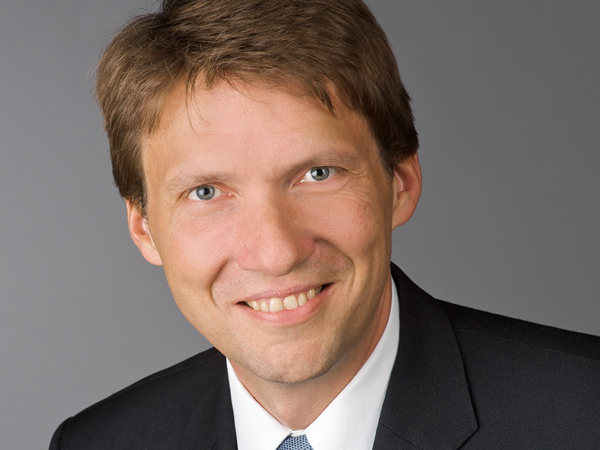
Markus Massi
Bahrain's financial wealth to hit $89.1bn by 2027: BCG
MANAMA, September 13, 2023
Bahrain's financial wealth is predicted to experience a steady compound annual growth rate (CAGR) of 4.9% between 2022 and 2027 to reach $89.1 billion, according to a new report by Boston Consulting Group (BCG).
The BCG report titled ‘Global Wealth Report 2023: Resetting the Course’ indicates that equities and investment funds in Bahrain remain the largest asset class, with a 56% share of total personal wealth in 2022. Furthermore, life insurance & pensions are expected to have the fastest CAGR of 7.3% between 2022-2027, making it the fourth-largest asset class in the kingdom by 2027.
"Bahrain represents 1% of the region's financial wealth in 2022. Growing by 6.3% per year from 2017, financial wealth has reached $70.2 billion in 2022, with a projection of $89.1 billion in 2027. This speaks volumes about the kingdom's calculated and measured approach leading to its economic growth," said Markus Massi, Managing Director and Senior Partner at BCG.
UHNW individuals play a significant role
In 2022, 42% of Bahrain's wealth came from Ultra High Net Worth (UHNW) individuals with more than $100 million in worth, and this number is expected to remain consistent until 2027.
Additionally, individuals' worth between $1 million - $20 million held 16% of the wealth in Bahrain in 2022, which is also expected to remain the same in 2027. Furthermore, individuals with a net worth under $250,000 held 26% of the wealth in Bahrain, and this number is anticipated to increase to 27% by 2027.
"The contribution of high-value individuals to the country's wealth signifies its steady economic progress. These individuals spur investment in the region and further cement Bahrain's growth," said Farouk El Hosni, Principal at BCG.
An upswing in real assets and liabilities
BCG's report also provides valuable findings on Bahrain's real assets and liabilities. The report mentions that real assets in Bahrain grew by 1.2% per year from 2017-2022, and by 2027, it is projected to grow by 3.3% per year to $76.7 billion.
During the same period, Bahrain's liabilities sector expanded by 3.4% per year to $4.8 billion and is expected to expand to $5,7 billion by 2027, a growth of 3.5% per year. This balance of growth gives evidence of a nation that is confident in taking calculated risks while enhancing its all-around growth narrative.
Progressing towards sustainable profit
The report also provides an in-depth analysis of the performance of wealth managers across different areas of business, focusing on market sizing and a long-term quest for profitability. The report outlines eight initiatives on both revenue and cost sides that can aid wealth managers' optimal positioning for the future. The aim is to provide actionable information and insights for wealth managers looking for a competitive edge in a challenging marketplace with economic difficulties.
On the revenue side, wealth managers can adopt scalable client acquisition techniques, offer distinctive private-market offerings, revise product shelves toward fixed-income products, and incorporate generative artificial intelligence (GenAI) in financial advice.
For cost reduction, wealth managers can focus on end-to-end (E2E) process review, make informed shoring decisions, utilise third-party tech and operational solutions, and simplify products and services via advice-like discretionary portfolio management (DPM) to streamline operations adequately and cater to various clients' needs.
"To achieve long-term profitability in wealth management, initiatives like scalable client acquisition, distinctive private-market offerings, and the integration of new technologies in financial advice can spur revenue generation. Focus on cost management via reviews, decisions, and tech-based solutions is integral to strategic cost management. By redesigning wealth management practices, we can unlock a future of growth, efficiency, and scalability," concluded Massi.-- TradeArabia News Service







